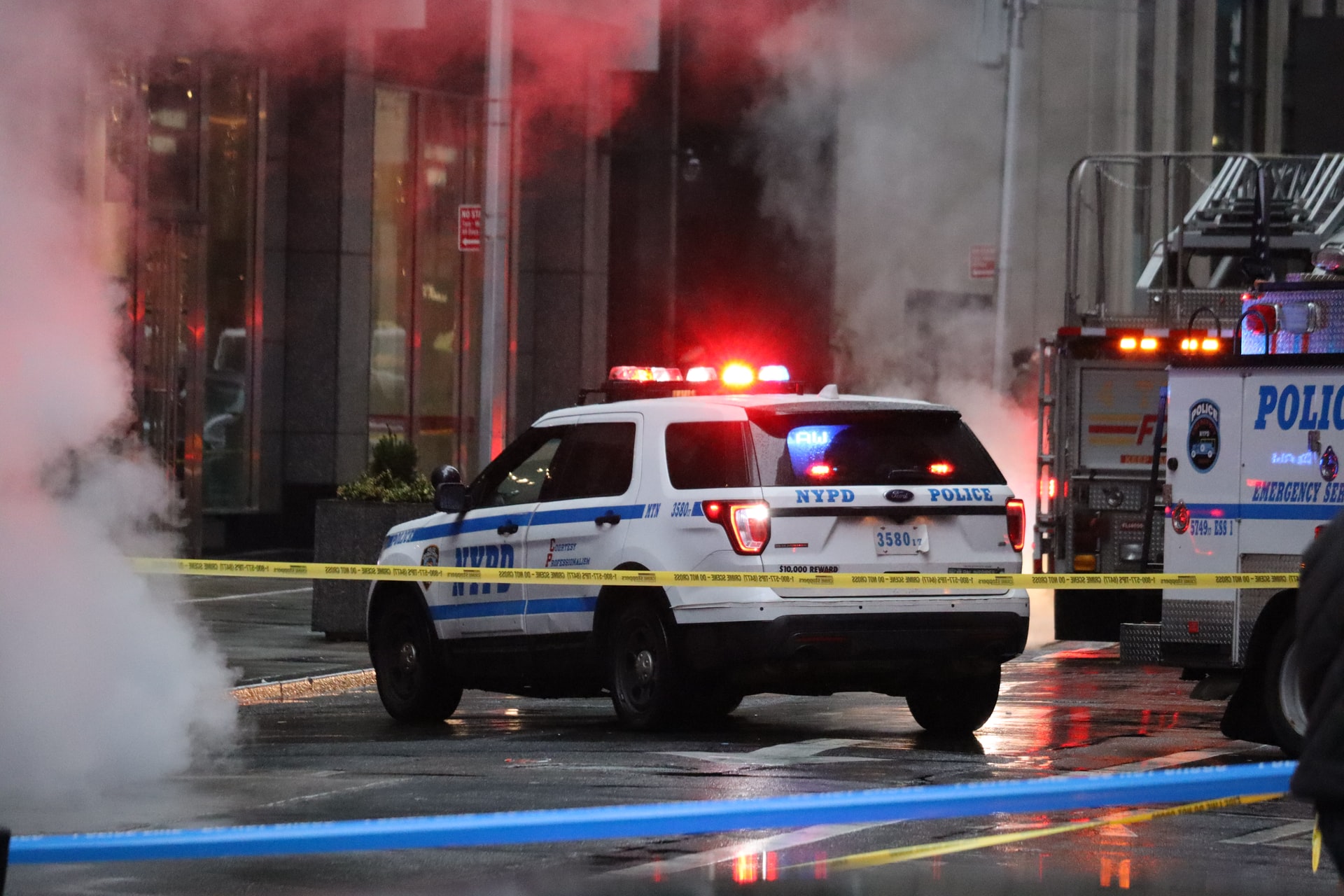Q: How often does your neighborhood need police?

The question of whether or not the movement to “defund the police” hurt Democrats in last Tuesday’s elections in Virginia and New Jersey is still a matter of debate.
At least, it’s a matter of debate among progressives. Everyone else on the political spectrum, from center-left and moderate Democrats to conservative Republicans are quite sure defund the police has indeed hurt Democratic candidates. And badly.
Most of these same authorities also believe it will continue to haunt Democratic Party prospects in the years to come.
“Defund the police,” might not have failed so spectacularly had it not been for the corresponding rise in violent and property crime which has accompanied the movement.
Fewer incidents of police officers killing unarmed suspects, especially in the wake of the murder of George Floyd, was something everyone could get behind. A pervading sense of lawlessness growing in major cities from Seattle to New York was not part of the bargain.
Because the rise in violent and property crime hasn’t been evenly distributed, has it?
In the recent New York City Democratic primary for mayor, former police officer Eric Adams- a moderate, running on a “tough on crime” message- carried every borough but Manhattan.
In Manhattan, the wealthy live in private security-protected enclaves. Wealthy families send their children by car to private school- also gated, cosseted and protected by private security.
Wealthy people can hire all the security staff and afford all the security systems and offsite 24/7 monitoring they need.
In the poorer neighborhoods it’s a different story. And so, “defund the police” revealed a schism between affluent Democrats and working-class Democrats. Affluent, progressive Democrats fortunate enough to live in safe communities want to defund police; working class Democrats in poorer neighborhoods beset by a major spike in crime want nothing of the kind. In fact, they want more policing.
Making this problem so much worse, but also so much more obvious- as it often does- is the media. Tone-deaf elected Democrats and progressive media outlets are musing that San Francisco residents might just need to grow accustomed to burglaries as a part of city life and focus their attention on barricading their homes.
Or opining that small-business owners operating convenience stores in poorer neighborhoods should be legally required to pack it in because “the big guys know how to do it right,” with 24 hour security and industrial-strength lights.
Then there were all the suburban white families, often with little children, holding signs that said “Defund the Police” during the George Floyd protests.
It was painfully clear these misguided advocates had never called the police once in their lives, never needed to. People who have never been the victim of a violent crime and don’t know a single person unfairly swept up into the vast mechanized maw of the U.S. prison system have a suddenly single-minded determination to end a public service they don’t need but that millions of others depend on for survival.
Worse perhaps, is how far back this defund focus has set real criminal justice reform efforts.
If elite liberals really want to help the poverty-stricken minority communities they claim to care so much about, progressives need to run, not walk, away from defund and focus instead on the lowest of low hanging fruit on the criminal justice reform tree.
Reforming U.S. Federal Drug Policy
While legislators in Washington are negotiating, shopping for future book deals, stumping for embattled colleagues and whatever else they’re doing that’s so important, people are rotting away in prison on nonviolent drug offenses due to unfair sentencing minimums that are racially biased.
Besides contributing to the over-crowded U.S. prison systems and perpetuating the unfairness of sentencing minimums, federal drug laws get further and further out of sync with state laws every year.
Millions of U.S. small business owners- many of them African-Americans and first-generation Americans- in a growing number of states, are engaged in operations which are legal from a state and local perspective. (mostly- still quite a few gray areas.)
One of those gray areas is the fact that federal drug laws are still deeply at odds with these changing state and local laws. They have been for years. This has gone on for long enough and it must be stopped.
States rights are one thing, and a wonderful constitutional feature; but this is still the United States of America. We don’t have borders between states; only goofy little billboards that tourists like to take photos with.
You should not be breaking no laws in one state and committing a felony one step away in the next.
What’s worse, these legitimate business owners are still prevented by law from obtaining essential services for their businesses- like traditional banking.
This makes no sense. Not only does it force these businesses to pay more for less reliable, sub-prime sources or deal in cash, both of which expose the company to theft, it makes avoiding taxes easier.
Reforming federal law would go a long way towards fixing what is broken in the U.S. criminal justice system.
When police officers kill a suspect during the course of arrest, they do more than deprive that person of their life; it violates civil rights, their constitutionally protected right to a fair trial.
That same injustice- being deprived of the right to a fair trial, and impartial sentencing- is being visited upon millions of incarcerated Americans every year.
Isn’t it time Democrats did something about that?
(contributing writer, Brooke Bell)